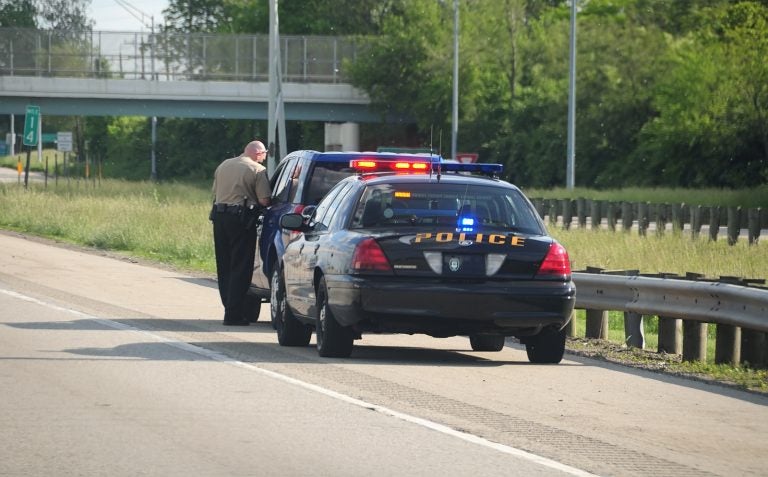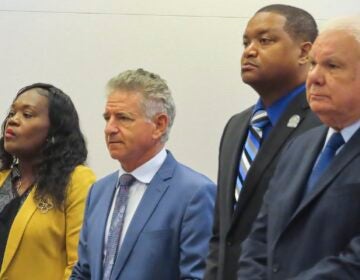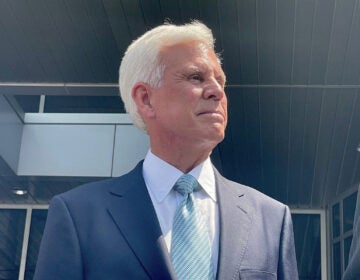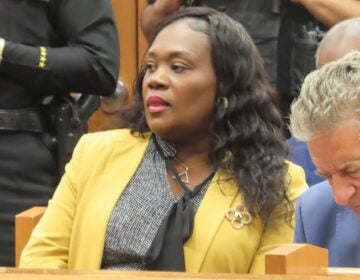N.J. is eliminating ‘patently unfair’ motor vehicle surcharges — but not for 15 years
New Jersey will eliminate surcharges on motor vehicle violations, which defendants are required to pay in addition to court-imposed fines and penalties.

(AnnieAnnie/BigStock)
New Jersey will eliminate surcharges on motor vehicle violations, which defendants are required to pay in addition to court-imposed fines and penalties.
Lawmakers and defense attorneys said New Jersey was one of just four states that levy additional surcharges on defendants for infractions like unsafe or drunk driving, a practice they suggested disproportionately impacts poorer residents.
“It’s unfair. It’s patently unfair,” said Sen. Shirley Turner, D-Mercer, who sponsored the legislation. “These are the people who can least afford to pay these enormous fines, penalties, and surcharges.”
The law will scrap surcharges assessed by the Motor Vehicle Commission for unsafe driving, driving while intoxicated, regulatory infractions and points-based violations.
Yet even though Gov. Phil Murphy signed the unanimously-approved legislation earlier this week, surcharges will stick around in New Jersey for at least another 15 years.
That’s because the state borrows money for other causes and relies on annual surcharge revenue to make good on those bond payments.
New Jersey collected $132 million in revenue from these surcharges in 2017.
“It’s to help pay back bond obligations,” Sen. Turner said. “It’s an unfairness.”
New Jersey will stop borrowing against the surcharge revenue, but it will likely have to continue assessing surcharges until 2035 in order to pay off its current debt.
A July 2019 report by a New Jersey Supreme Court working group on the state’s municipal courts said surcharges “can be financially devastating on defendants, at times can exceed the fine for an offense, and have a disproportionately negative impact on the poor.”
The cost of surcharges can be steep. Drivers who get six or more points on their license are assessed a $150 surcharge for the first six points and $25 for each subsequent point. First-time offenders found guilty of driving under the influence of alcohol or drugs must pay $3,000 in surcharges over three years, in addition to other fines and penalties.
Unpaid surcharges also accrue interest, so people who struggle to pay the costs in the first place can end up with a much higher obligation.
“I’ve seen in excess of $20,000 [owed] because of accrued interest,” said Amanda Wolf, a defense attorney in Red Bank.
Wolf said many of her clients have their licenses suspended after failing to pay thousands of dollars in surcharges they cannot afford.
“It creates kind of a cyclical effect where they miss a surcharge payment, their license gets suspended, they can’t drive and they can’t get to work,” she said. “Then they lose their job and can no longer pay their surcharges.”
WHYY is your source for fact-based, in-depth journalism and information. As a nonprofit organization, we rely on financial support from readers like you. Please give today.




